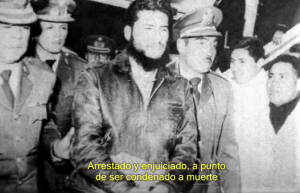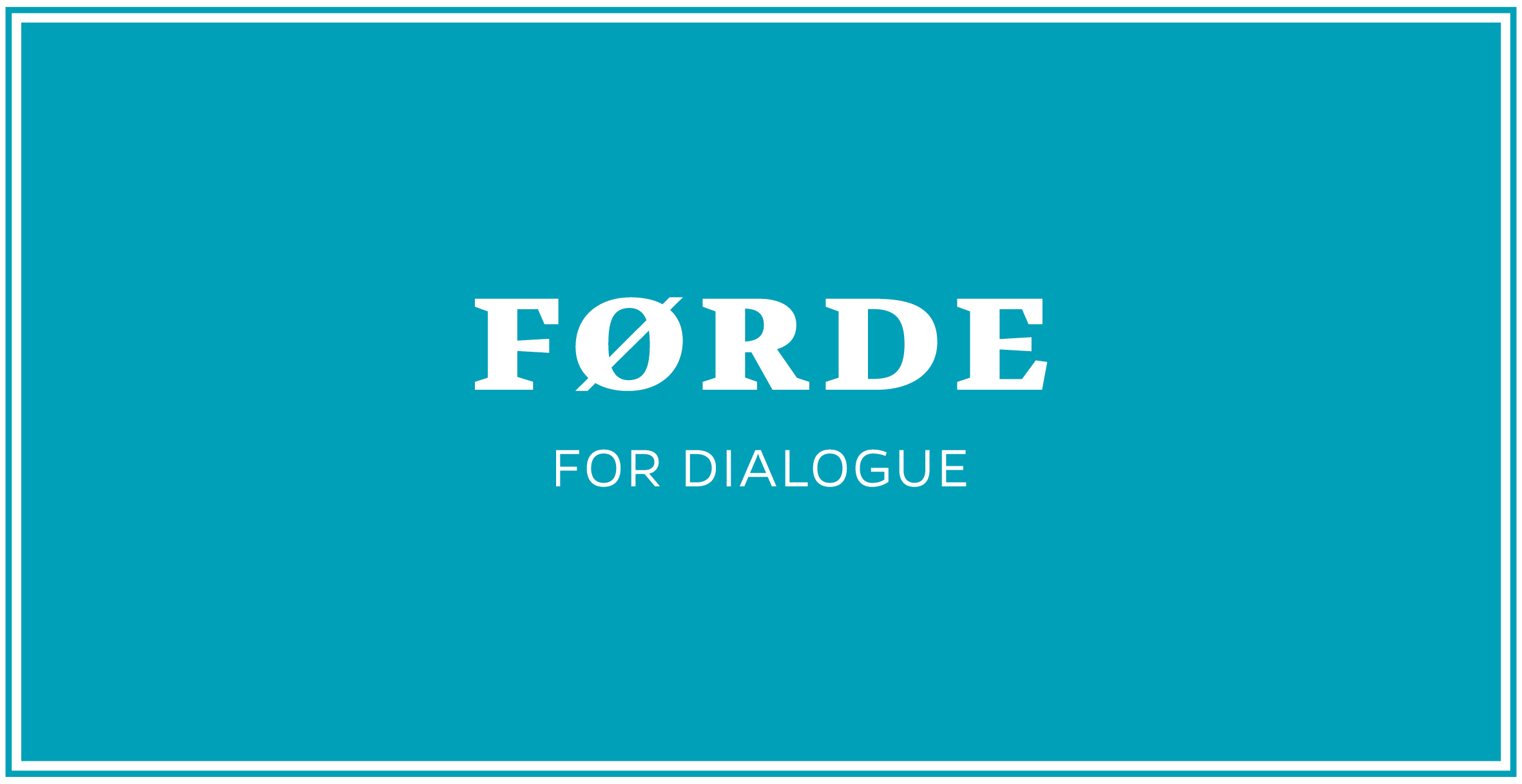
MEETING WITH HUGO BLANCO
More than 40 years ago, when I first visited Peru to collect information for the thesis I was working on at the Political Science Department of the University of Copenhagen, focusing on the the struggle for land of the poor peasants against the rich landowners, Hugo Blanco was of course one of the personalities I was most interested in. He was a famous organizer of peasants and indigenous peoples, a respected and trusted politician of the left, with the courage to confront the landowners as well as the institutions of the state, including the military and the police that wanted to see him imprisoned or dead.
Today, Hugo Blanco is 84 years old and no longer active as he used to be, but thanks to a large group of Danish NGOs [Mellemfolkeligt Samvirke, Verdens Skove, IWGIA and others], he just visited Denmark, to share his personal history, and also to reflect on how his experiences working with peasants and indigenous peoples are relevant for other struggles we are facing today.
HUGO BLANCO’S PERSONAL STORY
Hugo Blanco has told his personal story in a book published in 2018 called “We the Indians. Indigenous peoples of Peru and the struggle for land”. Anyone interested in Peru and the history of struggle of the indian peasants will learn a lot reading this book. And the story of Hugo Blanco himself during the 60s and 70s in particular is fascinating. How he started being part of a school uprising, then studying in Argentina, after the studies joining the struggle of the peasants in the region of Cusco, ending up being captured by the secret police and imprisoned in Arequipa. The state prosecutor demanded the death penalty, but protests by groups in Europe and the US helped change this into a sentence of 25 years in prison on the prison island of El Fronton.


The photos above have been taken from a brief film of Hugo Blanco’s life, posted on YouTube and made by a group of students in Arequipa. They give a sense of the drama that has characterized his turbulent life.
THE MILITARY DICTATORSHIP 1968-1975
When the military under the leadership of General Velasco Alvarado staged a military coup in 1968, Hugo Blanco was given amnesty, but asked not to leave Lima. Later he was deported to Mexico. The period 1968-75 with military rule was interesting, because it was not a traditional right-wing military takeover. Many – myself included – supported many of the policies of the military.
The coup leaders named their administration the Revolutionary Government of the Armed Forces. Velasco’s administration expressed a desire to give justice to the poor through a regime of nationalization known as Peruanismo, characterized by left-leaning policies, which aimed to create a strong national industry to increase the international independence of Peru. To that end, he nationalised entire industries, expropriated private companies [like fisheries, mining, telecommunications and power production] and consolidated them into government-run entities. Most reforms were planned by left-leaning intellectuals, and some of them undoubtedly improved the Peruvian quality of life.
A cornerstone of Velasco’s political and economic strategy was the implementation by dictate of an agrarian reform program to expropriate farms and diversify land ownership. In its first years in power, the military government expropriated 15,000 properties (totaling nine million hectares) and benefited some 300,000 families. The former landlords believed that they did not receive adequate compensation for their confiscated assets and lamented that the state officials and peasant beneficiaries mismanaged their properties after the expropriation. The owners also claimed that the expropriation was akin to confiscation. None of these criticisms were of course surprising.
Peruanismo was also characterized by authoritarianism, as the administration grew away from tolerating any level of dissent, periodically jailing, deporting and harassing suspected political opponents and repeatedly closing and censoring broadcast and print news media, finally expropriating all of the newspapers in 1974 and sending the publishers into exile.
Economic difficulties such as inflation, unemployment, food shortages and increased political opposition after the 1974 crackdown on the press ultimately increased pressures on the Velasco government and led to its downfall. On August 29, 1975, a number of prominent military commanders initiated a coup. The military commanders of the 1st, 2nd, 3rd, 4th, and 5th military regions declared that Velasco had not achieved most of what the “Peruvian Revolution” had stood for and was unable to continue in his functions. Prime Minister Franciso Morales Bermúdez was then appointed president, by unanimous decision of the new military junta.
General Velasco immediately called for a meeting with his council of ministers, at Government Palace in downtown Lima, where he discovered that there was little or nothing to do. He made a last speech to the nation on the evening of August 29, 1975, announcing his decision not to resist the coup because “Peruvians cannot fight against each other”.

Hugo Blanco was in excile during the years of the military regime. He only returned after the military had returned the country to civilian rule, and he ran for election for the national assembly in 1978 and won a seat – the victorious Blanco is seen on the photo above.
THE MAJOR CHALLENGE OF TODAY
There is in many ways a world of difference between the environment Hugo Blanco operated in during the 60s and 70s and the world of today, but in the discussion at the meeting, he emphasized the importance of building power and resistance from below – not from above, as well as the importance of understanding that the struggles are global in nature, not only national or local.
He seems to be particularly concerned about the descruction of our environment, which has serious consequences both for human beings, animals and plants, and he repeatedly mentions the young Swedish student, Greta, as an example of what needs to be done – the importance of all os us doing what we can actually do! We need to come together to defend nature, and we also need to confront the transnationals that today – as before – are more preoccupied with the profits for their shareholders than with the future for our grandchildren.

When I wrote my thesis at the university around 1973-74, I used several articles and speeches by Hugo Blanco. He helped me understand the stratification of the Peruvian farming sector, including the sophisticated ways of exploiting the peasants by the landowners, developed over several centuries after the arrival of the Spanish colonizers. It was very interesting to meet him today, and fascinating to see that at the age of 84 he is as committed to his ideas of change from below as he was 50 or 60 years ago.
